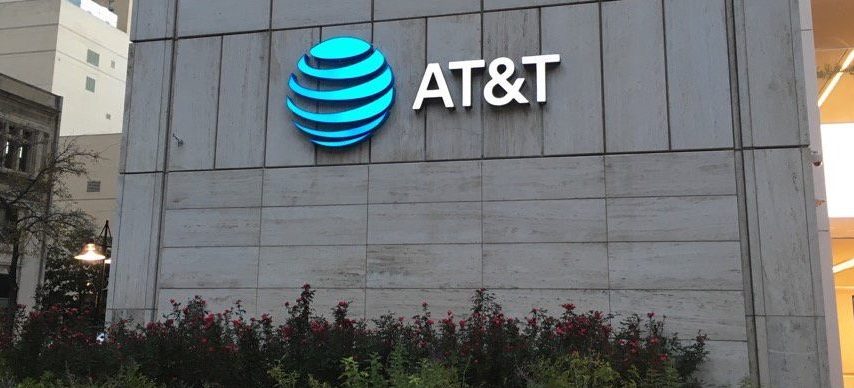The $85 billion merger between AT&T and Time Warner will go forward, despite an unusual legal challenge from the Department of Justice and objections from Donald Trump himself. In a ruling Tuesday (Feb. 26) in United States v. AT&T, the D.C. Circuit rejected the federal government’s argument that the merger would hurt consumers.
The ruling allows AT&T, the nation’s largest telecom company, to proceed with its blockbuster acquisition of Time Warner, which has been renamed WarnerMedia and owns a media empire that includes HBO, CNN and Warner Brothers. Judge Rogers (joined by Judges Wilkins and Sentelle) affirmed a trial judge’s ruling that blessed the transaction.
The case is the first time in decades that the government has asked the courts to block a so-called vertical merger—a consolidation of companies that do not directly compete with each other. Challenges to horizontal mergers are far more common, and Rogers’s opinion acknowledges that there is “a dearth of modern judicial precedent on vertical mergers and a multiplicity of contemporary viewpoints about how they might optimally be adjudicated and enforced.”
The DOJ’s antitrust division argued that the merger would give AT&T too much leverage over rival TV distributors because the company could threaten to block its rivals’ access to Turner channels. AT&T responded that it would have no incentive to engage in such “blackouts,” and it argued the merger would bring costs down for consumers and allow it to offer new streaming-video services.
Rogers’s opinion rejected the government’s arguments as “unpersuasive.” Though her opinion rests on technical analysis of the economic evidence presented before the district judge, the case has been tinged with politics from the start. That’s because Trump, while repeatedly criticizing CNN as “fake news,” vowed as a presidential candidate to block the deal. After taking office, he has said he did not interfere with DOJ’s decision-making in the case.
It is not yet clear if the government will seek Supreme Court review of Tuesday’s ruling. If it does, Chief Justice Roberts would be expected to recuse himself from the case because, as Fix the Court points out, Roberts owns up to $500,000 in Time Warner shares.
Here is the full D.C. Circuit opinion.
![]()

